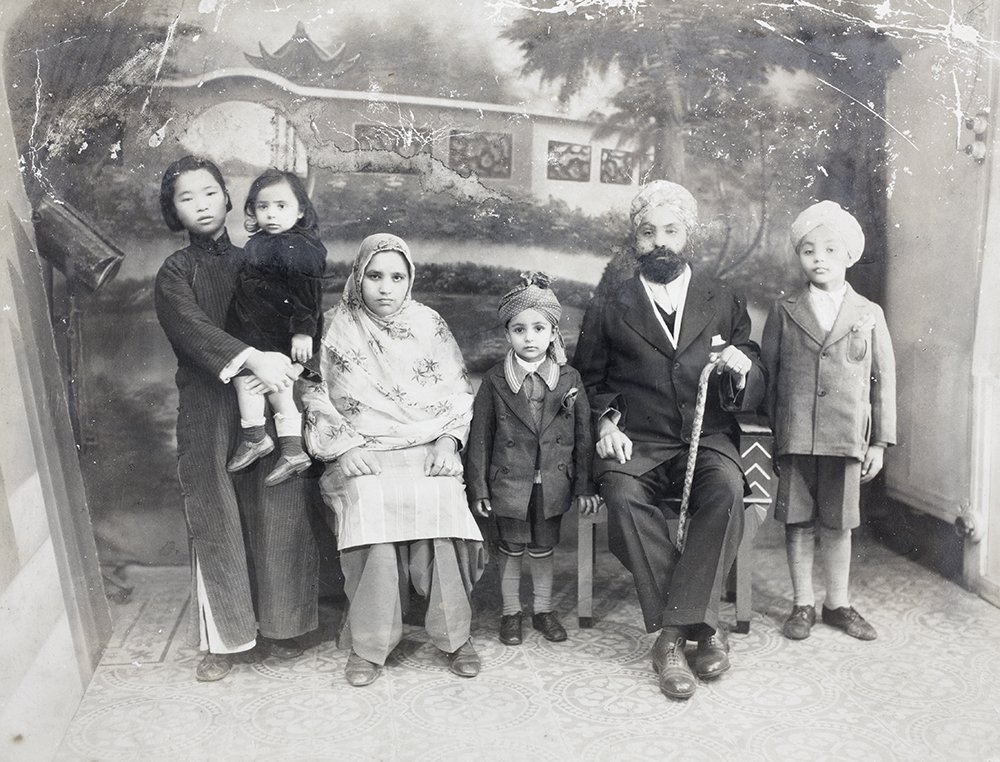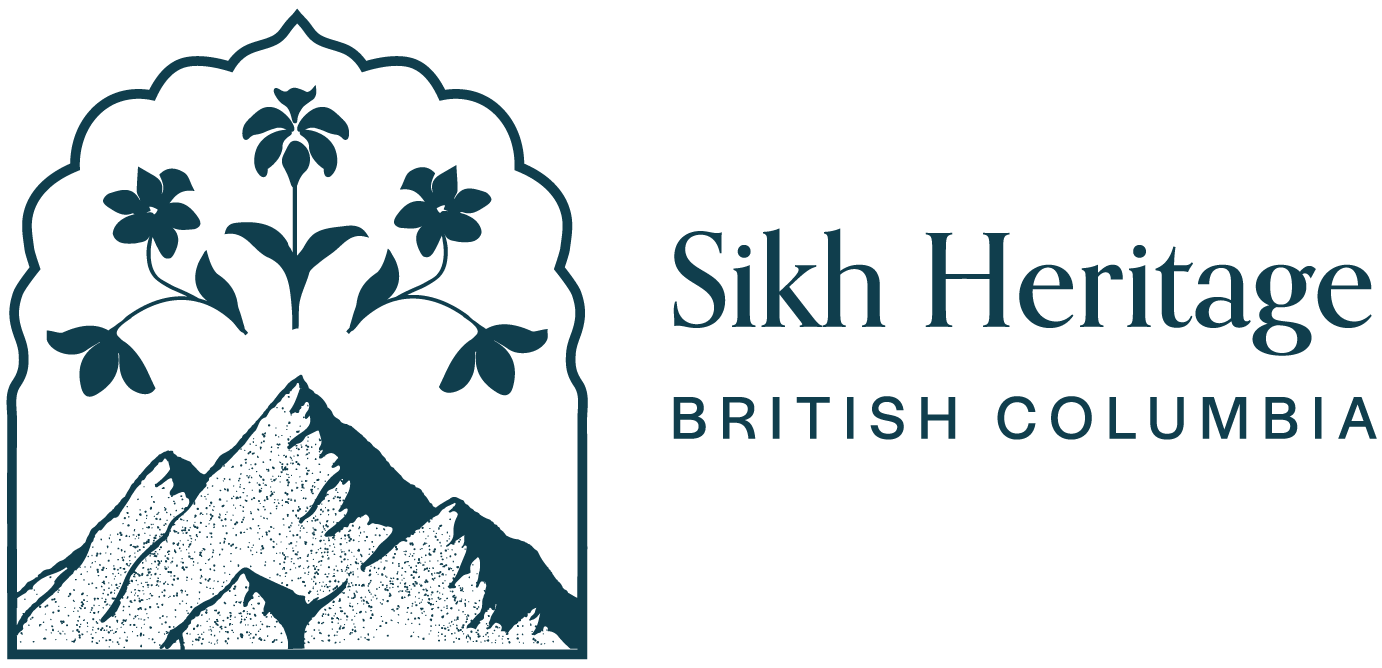
1984 Sikh Genocide
This unit plan explores the events leading up to, including and post the 1984 .
1984 Sikh Genocide
The 1984 Sikh Genocide unit explores the historical context, causes, and consequences of the anti-Sikh violence in India. Students critically analyze narratives, develop historical inquiry skills, and reflect on the ethical implications of genocide denial. Students recognize interconnected histories of violence and resistance, fostering a commitment to social justice and human rights.
Focus Questions.
What were the causes of the events of 1984 in India?
Should the events of 1984 be considered a genocide using the UN definition? What about Stanton’s 10 stages of Genocide?
How should we commemorate atrocities like the 1984 Sikh Genocide?



1984 Sikh Genocide
(Unit Plan)
Courses + Big Ideas
Genocide Studies 12
Despite international commitments to prohibit genocide, violence targeted against groups of people has continued to challenge global peace and prosperity.
The intentional destruction of peoples and their cultures is not inevitable, and such attempts can be disrupted and resisted.
Social Justice 12
The causes of social injustice are complex and have lasting impacts on society
First People’s Principles of Learning
Learning ultimately supports the well-being of the self, the family, the community, the land, the spirits, and the ancestors.
Learning is embedded in memory, history, and story.
Download
Unit Resources
This content has been created for educational purposes only. This resource is not intended to substitute research or a deeper understanding of this topic. Sikh Heritage BC encourages everyone to read multiple resources to gain a complete understanding of the events before, during and after 1984.
If you teach this unit and have suggestions on how to improve, please send us an email at education@sikhheritagebc.ca. We are always looking for feedback!



